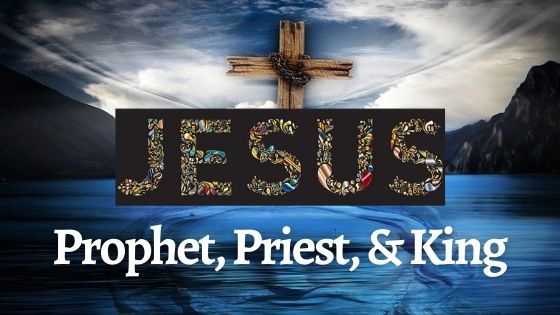The First and Second Resurrection
Whether or not there’s just one (general) resurrection of the dead is one of the hotly debated end-time topics. Some Christians believe that everyone will be raised on the same day. But others say the resurrection from the dead will not occur at the same time. But what does the Scripture say? Resurrection at the … Read more










